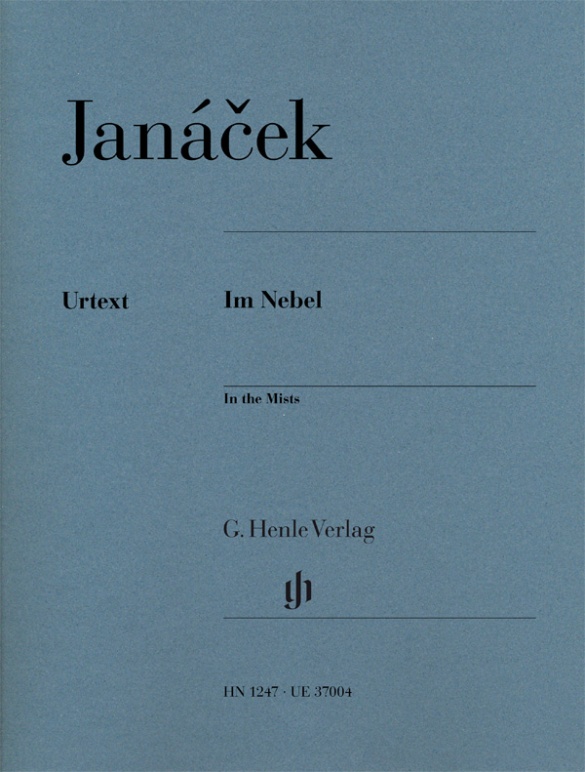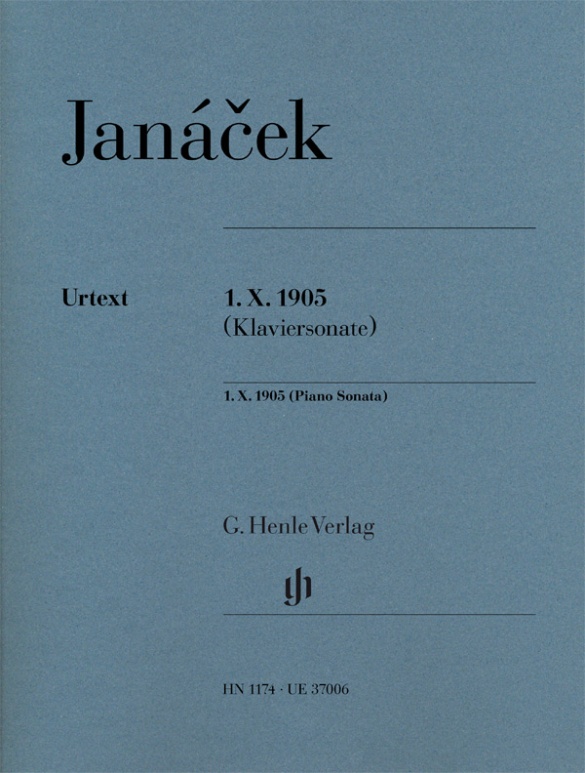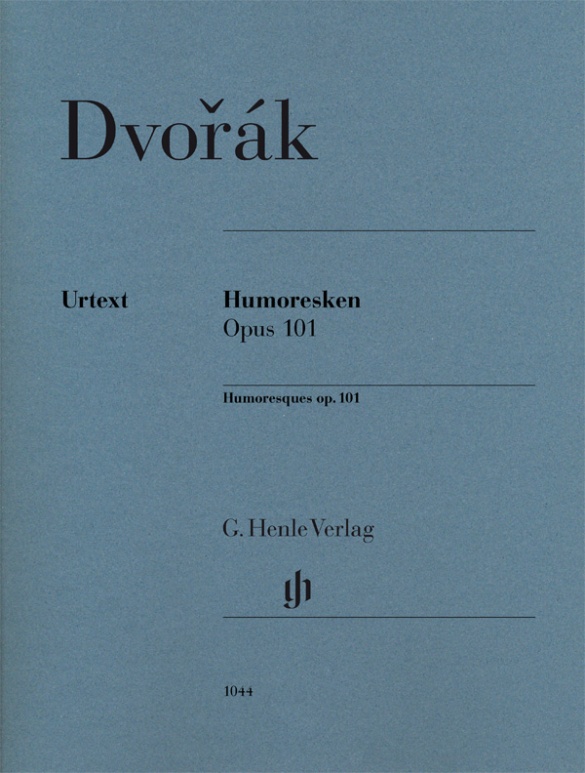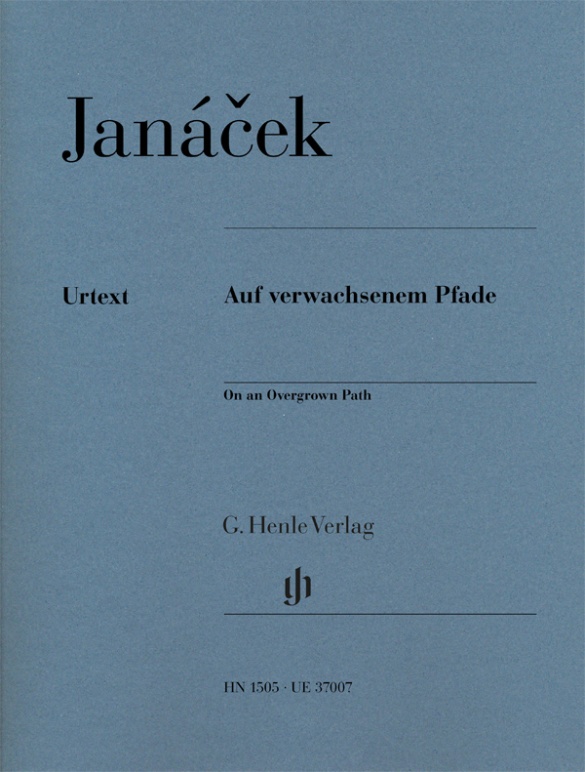

Leos Janácek
On an Overgrown Path
Janáček’s poetic cycle “On an overgrown path” is surely among his most popular piano works. Its evocative musical language will draw every hearer under its spell. Listeners will not be able to discern that the pieces had a very complex and protracted genesis, with some originally intended for harmonium. With exemplary clarity, the accompanying texts in Henle’s Urtext edition shed light on the complicated source situation. In addition, an appendix to the musical text contains those pieces that Janaček either did not include in the cycle, or that remained unfinished. The world’s foremost Janaček researcher, Jiří Zahrádka, is responsible for the edition, while the fingering is by the great pianist Lars Vogt.
Read more about this edition in the Henle Blog.
mws-henle.cms.title-works.headline
mws-henle.cms-product-detail.composer-headline
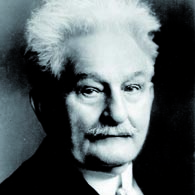
Leos Janácek
He is regarded today as one of the classic opera composers of the twentieth century, whose oeuvre renounces the opera of the nineteenth century to feature music-dramatic realism. He was well known earlier for his choir, chamber, and orchestral works and his collections of folk songs.
| 1854 | Born in Hukvaldy (Moravia) on July 3, the son of a teacher and cantor. |
| 1866 | Chorister at the Augustinian abbey in Brno; music lessons with Pavel Křížkovský, attends the German primary school. |
| 1869–72 | Education at the Slavic Teacher’s Institute, then teacher and choir director in Brno. |
| 1874–75 | Studies at the Prague organ school. |
| 1877 | Suite for Strings. |
| 1879–80 | Studies at the Leipzig Conservatory and in 1880 at the Vienna Conservatory, composes instrumental works. |
| 1881 | Founds an organ school in Brno, which he directs himself. |
| 1884–88 | Reviews of opera performances at the newly opened theater in Brno. |
| 1887 | Beginning of his first operatic composition, “Šárka.” |
| 1890/1899/1901 | Publication of folksong collections. |
| 1904 | Premiere in Brno of the opera “Jenůfa,” which brings him great acclaim and is his most important opera; it treats the problem of the freedom of the individual within the confines of a village community and is regarded as a work of realism. |
| after 1905 | He primarily composes operas drawn from the model of “Jenůfa”: in 1903–07 “Osud” (Fate), “The Excursions of Mr. Brouček” (1908–1920), “Káťa Kabanová” (1920–1921), “The Cunning Little Vixen” (1922–1924), “The Makropulos Case” (1923–1925), “From the House of the Dead” (1927/28) in Brno. |
| 1926 | Sinfonietta; Concertino for piano, two violins, viola, clarinet, French horn, and bassoon; sketches for the violin concerto “The Wandering of a Poor Soul.” |
| 1928 | Death in Moravská Ostrava (Moravian Ostrava) on August 12. |
mws-henle.cms-product-detail.author-headline
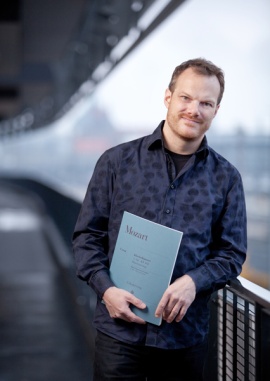
Lars Vogt (mws-henle.person.role.FINGERSATZ)
Product Safety Informations (GPSR)

G. Henle Verlag
Here you can find the information about the manufacturer of the product.G. Henle Verlag e.K.
Forstenrieder Allee 122
81476 München
Germany
info@henle.de
www.henle.com
L’édition d’Henle reste fidèle aux souhaits du compositeur, distinguant pièces éditées et inédites tout en nous offrant l’intégralité de la matière appartenant à ce chef-d’œuvre.
Pianiste, 2023推荐
autogenerated_cross_selling
本书目其他版本
本书目其他版本


